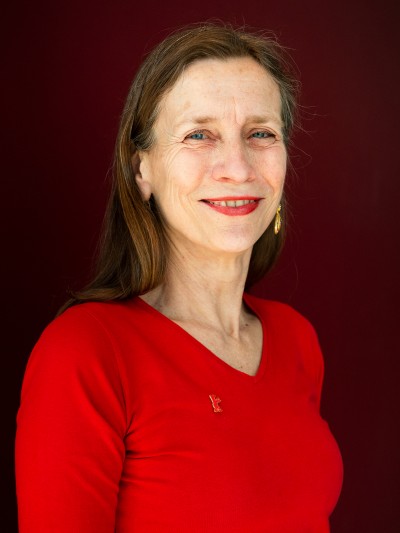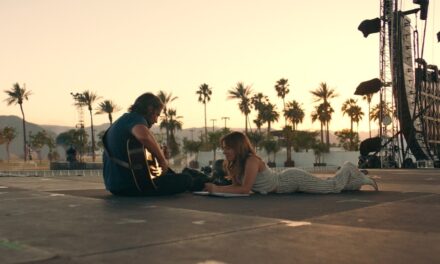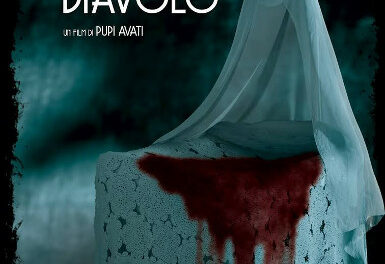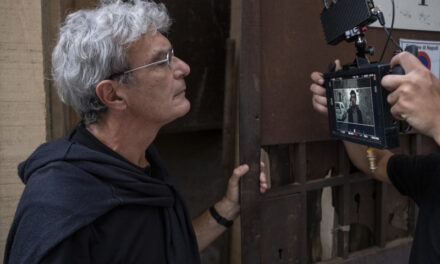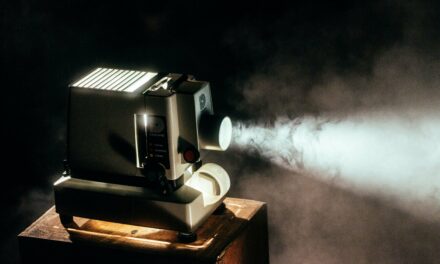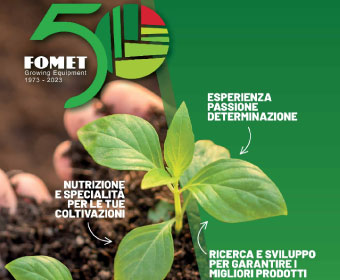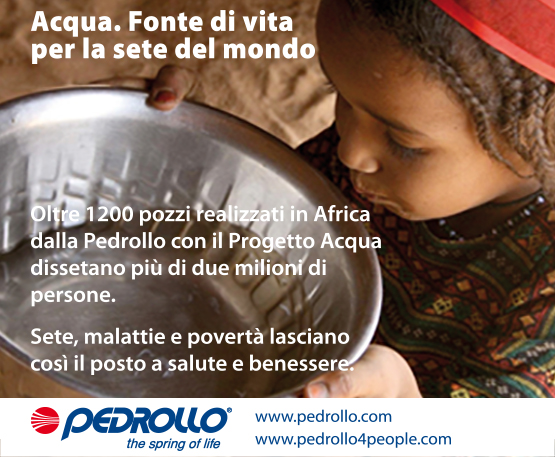Berlinale 70 all’insegna di una nuova gestione: abbiamo intervistato Mariette Rissenbeek, dal 2020 Executive Director del Festival di Berlino
Servizio e intervista a cura di: Roberto Tirapelle
La Berlinale edizione 70 (dal 20 febbraio al 1° marzo 2020) si è svolta all’insegna della nuova gestione. Infatti, Dieter Kosslik aveva lasciato nel 2019 l’incarico di Direttore artistico conferitogli dal 2001, anno in cui succedeva a Moritz de Hadeln.
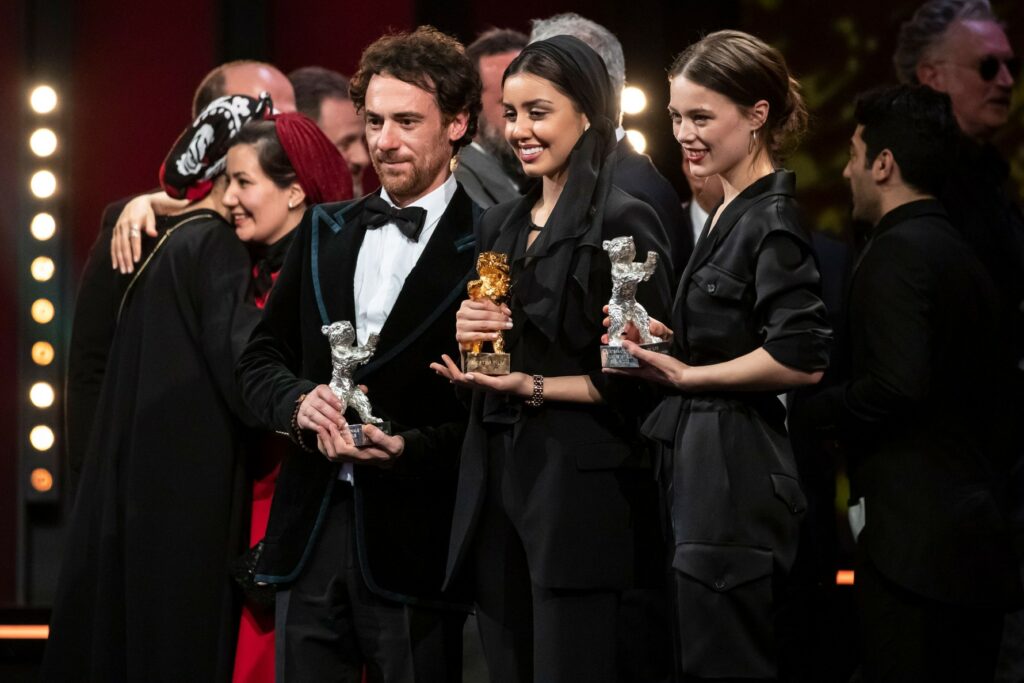
Già nel 2018 il Ministro dello Stato per la Cultura e i Media, Monika Grütters, approvava la proposta del Comitato di ricerca di nominare dal 2020 Carlo Chatrian come Artistic Director e Mariette Rissenbeek Executive Director del Festival di Berlino. Come si può notare, il nuovo management ha cominciato a lavorare con diversi mesi di anticipo, un affiancamento proficuo per conoscere la realtà del Festival. Lo stesso Ministro Monika Grütters aveva dichiarato: “Il futuro management sarà più giovane, più internazionale e desideroso di sperimentare”.
Abbiamo raggiunto la Signora Mariette Rissenbeek, che si è resa disponibile per una gradevole conversazione. Figura di spicco nella produzione e distribuzione cinematografica, è stata anche promotrice del cinema tedesco in “German Films“.
Intervista a Mariette Rissenbeek
Traduzione a cura di: Caterina Berardi
Come è nata la sua passione per il cinema? Ne è sempre stata appassionata oppure si è avvicinata quando ha cominciato a lavorarvi?
“Sono sempre stata interessata alla cultura, in particolare alla letteratura e al cinema. Quando ho lavorato per un’agenzia pubblicitaria negli anni 80, uno dei nostri clienti era la Berlinale. Da allora ho chiaramente sviluppato la mia passione per il cinema”.
La nuova Berlinale 2020 si è presentata con due forti personalità: Mariette Rissenbeek e Carlo Chatrian per le diverse competenze. È interessante, a suo parere, avere due leader importanti che portano sinergie reciproche? Avete ricevuto tutti gli ospiti insieme: un bellissimo biglietto da visita!
“In tutti i miei precedenti lavori ho sostenuto il cinema, lavorando per un distributore, per un produttore, per German Films che promuoveva il cinema tedesco. È stato naturale per me prendere una posizione simile alla Berlinale, poiché credo che Carlo sia un curatore appassionato e dedicato, ruolo che non ho mai fatto. Pertanto, in realtà penso che siamo una squadra ideale”.
E’ stato difficile continuare l’eredità lasciata da Dieter Kosslick?
“L’industria cinematografica sta vivendo rapidi cambiamenti a causa della digitalizzazione. L’esperienza degli ultimi 20 anni è importante, ma allo stesso tempo la digitalizzazione costringe tutti a pensare un nuovo inizio. In tal senso, siamo tutti di fronte a sfide. Cinema, cineasti, distributori, giornalisti”.
Signora, mi sembra che lei sia la prima donna ai vertici della Berlinale. Che sensazioni Le ha creato?
“È molto bello essere uno dei due pilastri della Berlinale! È molto eccitante essere a capo di uno dei più importanti festival cinematografici internazionali”.
I dati sulla edizione 2020 sono stati molto positivi: quasi 500.000 visite teatrali. Cosa ne pensa?
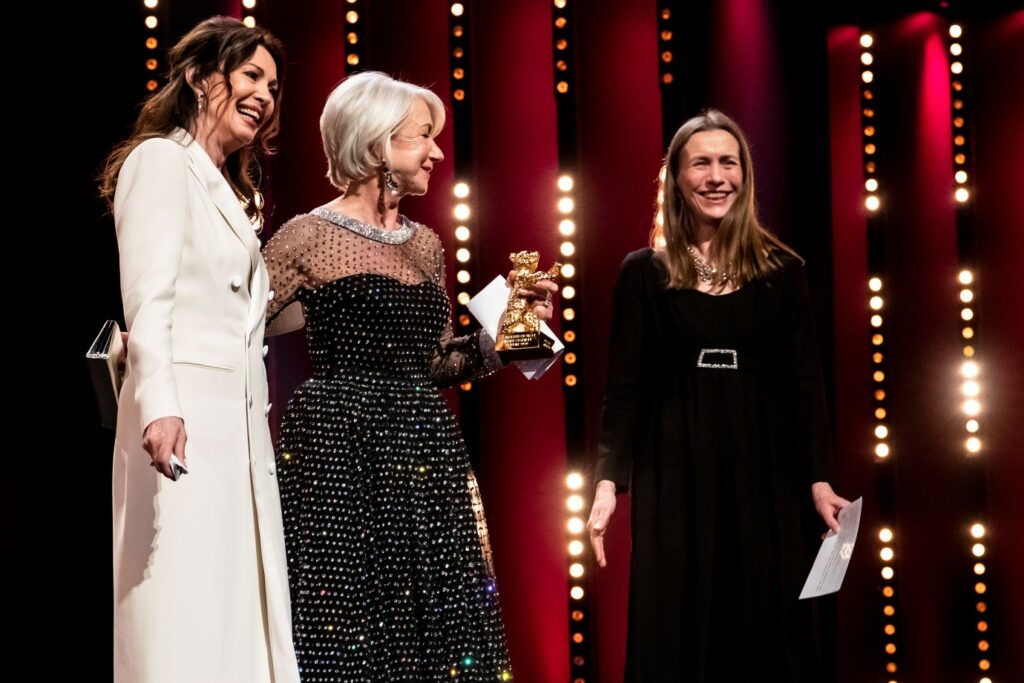
“Ho partecipato a festival cinematografici per molto tempo. Mi piace scoprire nuovi nomi, ma mi piace anche vedere volti familiari. In questo senso, la Berlinale è stata una grande sorpresa per me. Salutare Johnny Depp o Helen Mirren è un grande privilegio. Allo stesso tempo, ho scoperto alcuni film in “Encounters” che altrimenti non avrei visto”.
Per il futuro quanto sarà importante essere allineati con le mutevoli condizioni del cinema?
“La Berlinale è un festival del pubblico; per noi è quindi assolutamente necessario prendere parte alla discussione sul cambiamento. Abbiamo bisogno che i cinema presentino i nostri film poiché crediamo che vivere un film sul grande schermo sia diverso dal guardarlo su una piattaforma. Allo stesso tempo, siamo consapevoli che le abitudini del pubblico cambiano e dobbiamo trovare un modo per rivolgersi a tutto il pubblico”.
English version
Mariette Rissenbeek in the new Berlinale 2020
The Berlinale 70th edition (Feb 20 – March 1, 2020) was held under the banner of a new management. In fact, Dieter Kosslik left the role of Artistic Director conferred to him since 2001, year on which he succeeded Moritz de Hadeln.
Already in 2018 the Minister of State for Culture and Media, Monika Grütters, approved the proposal of the Research Committee to appoint Carlo Chatrian as Artistic Director and Mariette Rissenbeek as Executive Director of the Berlin Festival from 2020. As you can see, the new management began to work several months in advance, a profitable coaching to get to know the reality of the Festival. Minister Monika Grütters said: “the future management will be younger, more international and eager to experiment”.
We caught up with Mrs. Mariette Rissenbeek who made herself available for a pleasant conversation. A leading figure in film production and distribution, she was also a promoter of German cinema in “German Films”.
Interview with Mariette Rissenbeek
When your passion for cinema was born? Have you always been passionate about cinema or did you approach to it when you started working into that?
“I have always been interested in culture – particularly literature and cinema. When I worked for an advertising agency in the 80s one of our clients was the Berlinale. Since then, I clearly developed my passion for cinema”.
The new Berlinale 2020 presented itself with two strong personalities: Mariette Rissenbeek and Carlo Chatrian, for the different skills. Is it interesting, in your opinion, to have two important leaders who bring mutual synergies? You received all the guests together: a beautiful business card!
“In all my previous work I supported cinema – working for a distributor, for a producer, for German Films promoting German cinema. It was natural for me to take a similar position at the Berlinale. As I believe, Carlo is a passionate and dedicated curator, something I never did. Therefore, I actually think we are an ideal team”.
Was it difficult to continue the legacy left by Dieter Kosslick?
“The film industry is experiencing rapid changes because of the digitalization. The experience of the past 20 years is important, but at the same time the digitalization forces everyone to think from the start. In that sense we are all facing challenges. The cinemas, filmmakers, distributors, journalists”.
Madam, it seems you are the first woman at the top of the Berlinale. What feelings did it create for you?
“It feels very good to be one half of the Berlinale top! It is very exciting to be head of one of the most important international film festivals”.
The reports about the 2020 edition have been enthusiastic: almost 500,000 theater visits. Your own opinion?
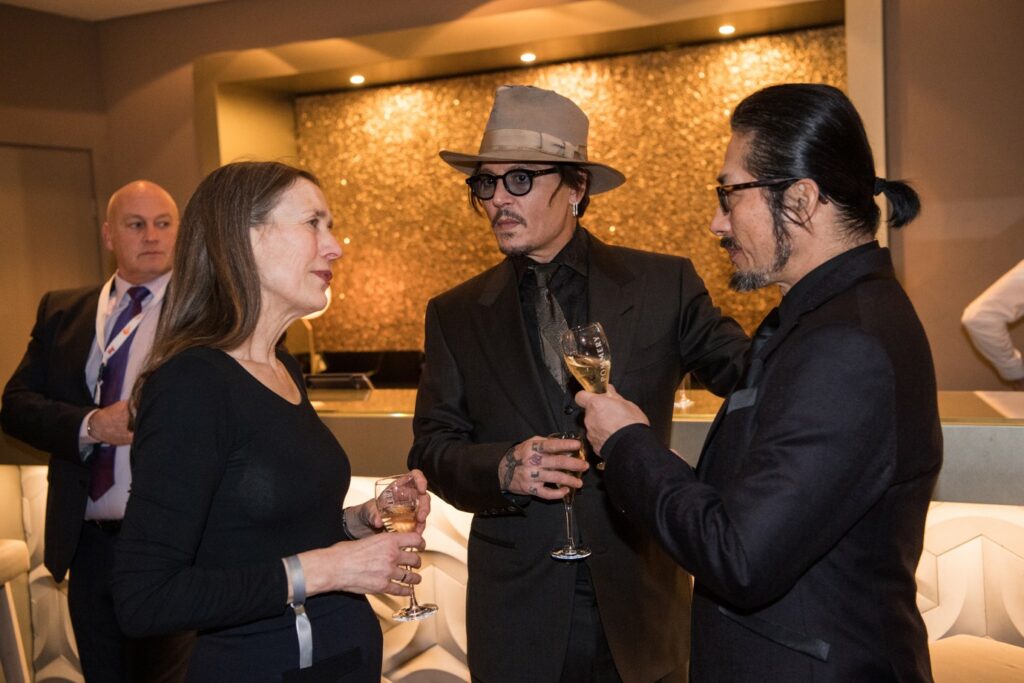
“I have been participating in film festivals for a long time. I like to discover new names, but I also like to see familiar faces. In that sense, the Berlinale was a big treat for me. Greeting Johnny Depp or Helen Mirren is a big privileg. At the same time, I discovered some films in “ENCOUNTERS” which I would not have seen otherwise”.
How important will it be for the future to be aligned with the changing conditions of cinema?
“The Berlinale is an audience festival; for us it is absolutely neccessary to be part of the discussion on change. We need the cinemas to present our films as we believe experiencing a film on the big screen is different from watching it on a platform. At the same time, we are aware the habits of the audience change and we have to find a way to address the entire audience.”
Special thanks to Johanna Glaser and Sabine Gebauer

